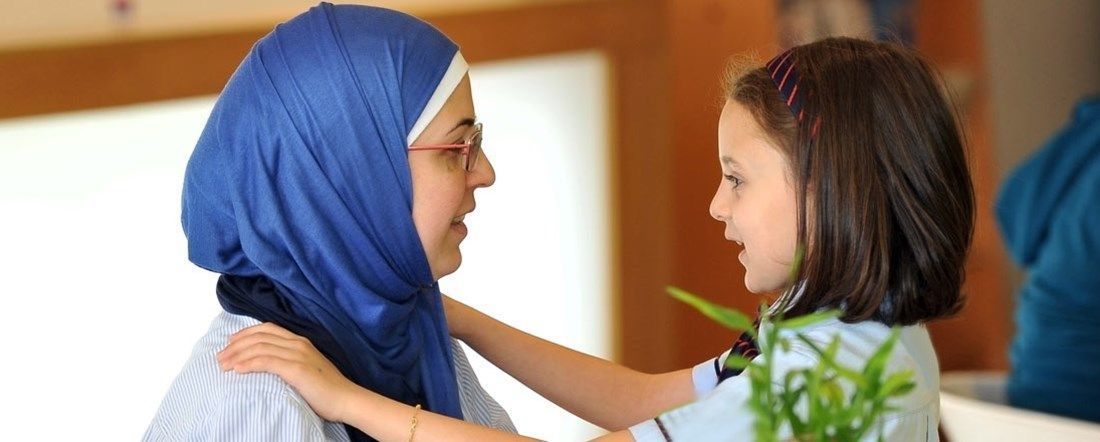
Research has shown the importance of parental engagement in the success of your child’s education. We want the best for your child, and by working in partnership we can successfully enrich your child’s journey through Kingdom Schools.
Close communication
Close communication is at the core of our partnership approach. Keeping parents/guardians in the loop regarding their child's progress is an essential part of what we do. From consultation evenings and written reports to an "open door" policy that ensures parents can speak with us at any stage, we keep those all-important channels of communication wide open. Make an appointment today to speak one-to-one with any member of our teaching staff in confidence.
Supported by research
Parent support can make every teacher more effective
Every three years, the Program for International Student Assessment (PISA) tests 15-year-olds in the world’s leading industrialized nations on their reading comprehension and ability to use what they’ve learned in math and science to solve real problems — the most important skills for succeeding in college and life.
Looking beyond the classrooms to better understand why some students thrive taking the PISA tests while others do not, the PISA team interviewed the parents of 5,000 students about how they raised their kids and then compared responses with student test results. The PISA team made three profound discoveries:
- Fifteen-year-old students whose parents often read books with them during their first year of primary school show markedly higher scores in PISA 2009 than students whose parents read with them infrequently or not at all. (On average, the score difference is 25 points, the equivalent of well over half a school year)
- The performance advantage among students whose parents read to them in their early school years is evident regardless of the family’s socioeconomic background
- Parents’ engagement with their 15-year-olds is strongly associated with better performance in PISA
Parent surveys started with four countries in 2006, and grew to an additional 14 in 2009, and reported the findings above in 2011. PISA is conducted by The Organization for Economic Cooperation and Development (OECD).
The kind of parental engagement matters, as well
The PISA team also discovered that simply talking to and asking your child how their school day was, and showing genuine interest in their learning can have the same impact as hours of private tutoring.
- The team determined this was something every parent could do, no matter what their education level or social background
- The PISA study also noted that on average, the score point difference in reading that is associated with parental involvement is largest when parents read a book with their child, when they talk about things they have done during the day, and when they tell stories to their children. The score point difference is smallest when parental involvement takes the form of simply playing with their children.
- At fifteen years old engagement was based on talking to the child about current events in the news or discussing books, movies, and media
Many forms of involvement, but only a few relate to higher student performance
In an article called “Back to School” for The American School Board Journal, November 2011, Patte Barth, Director of the National School Boards Association’s Center for Public Education, reported that parent involvement affects student achievement, and found somewhat surprising results:
- Parent involvement can take many forms, but only a few of them relate to higher student performance. Of those that work, parental actions that support children’s learning at home are most likely to have an impact on academic achievement
- Monitoring homework, making sure children get to school, rewarding their efforts, and talking up the idea of going to college are linked to better attendance, grades, test scores, and preparation for college
- Getting parents involved with their children’s learning at home is a more powerful driver of achievement than parents attending P.T.A. and school board meetings, volunteering in classrooms, participating in fund-raising or back-to-school nights
All Rights Reserved | Kingdom Schools




